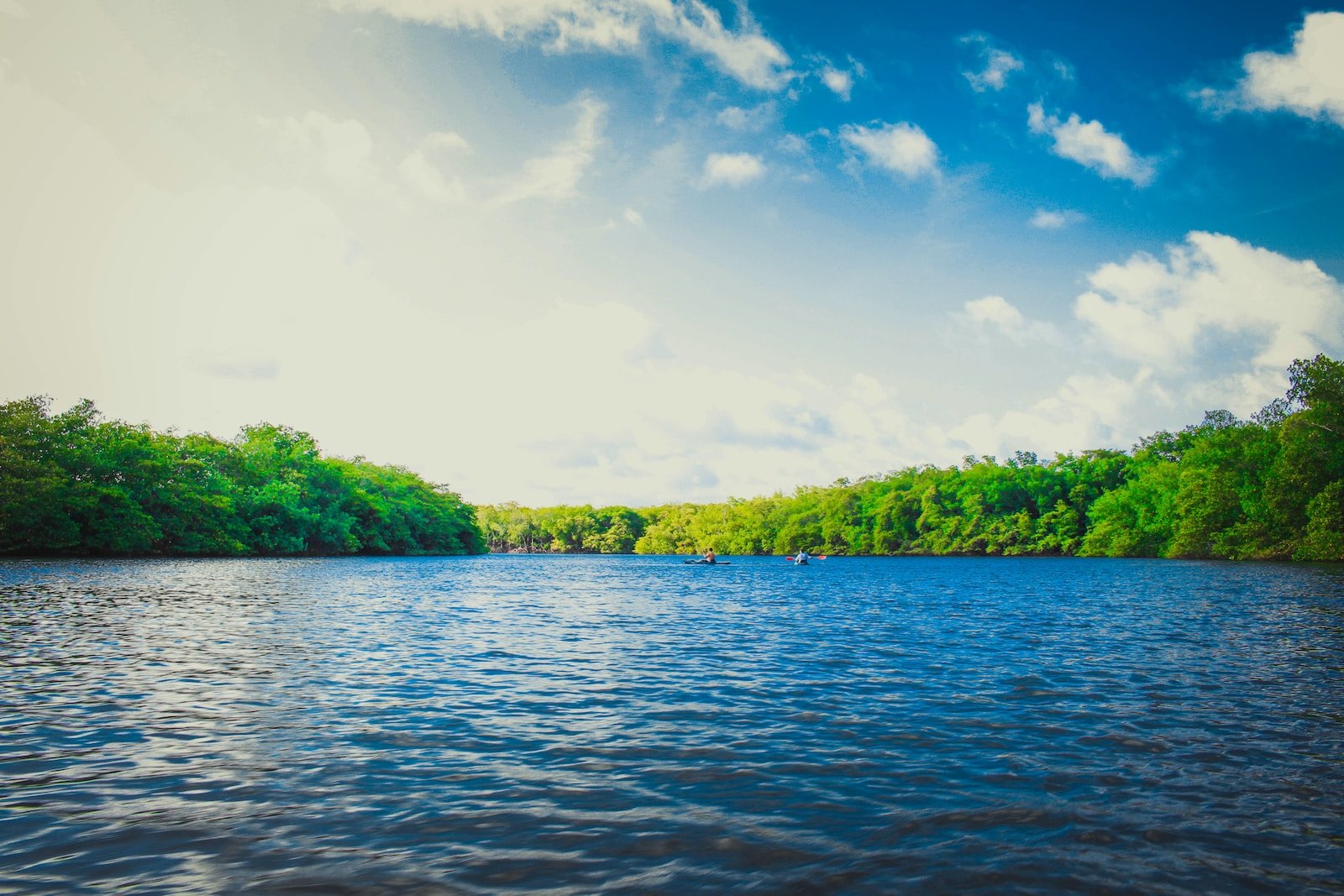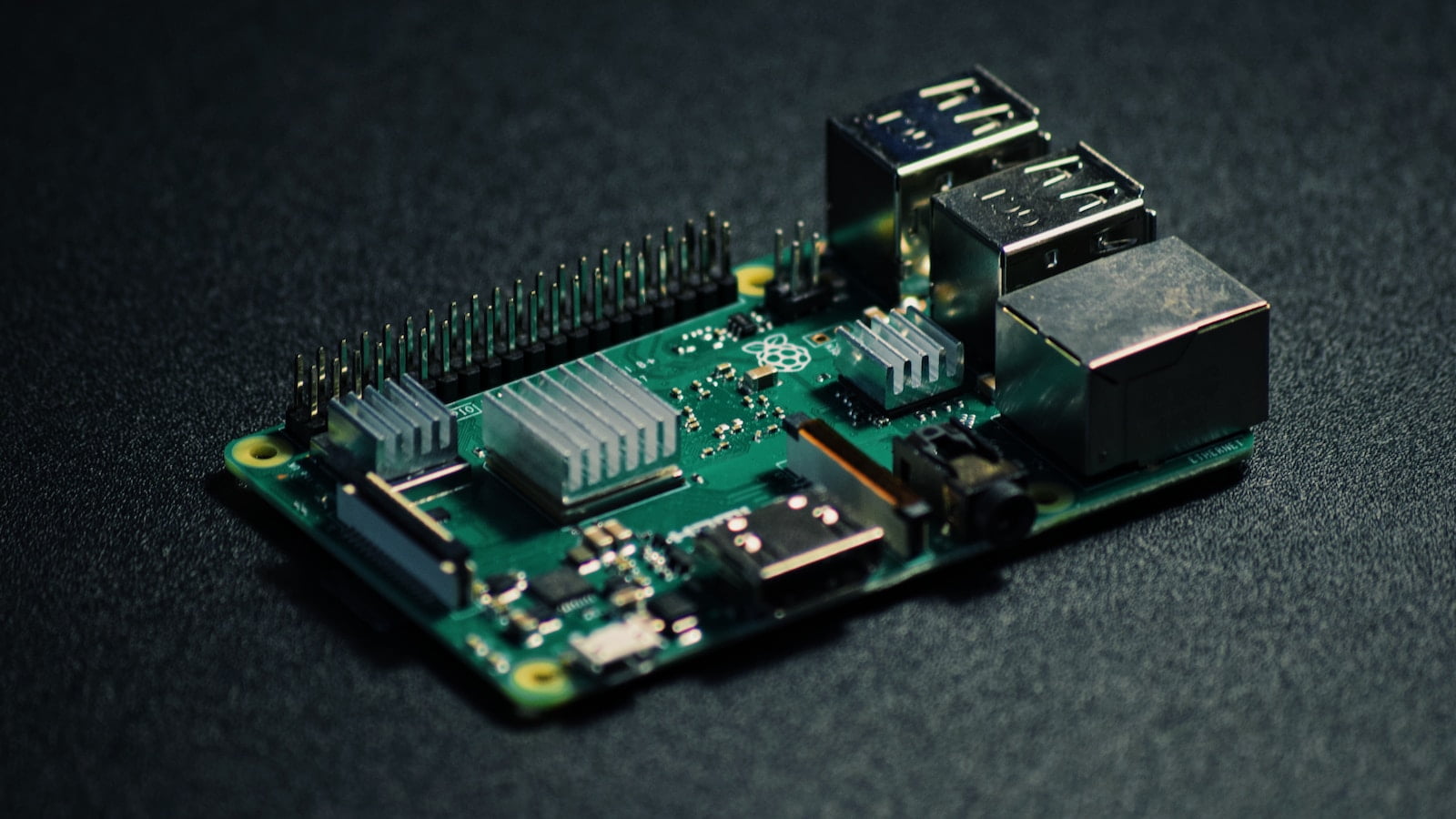Saltwater intrusion is the movement of saltwater into freshwater aquifers or rivers. It is a natural process, but it can be exacerbated by human activities such as groundwater pumping and sea level rise.
Saltwater Intrusion: A Rising Threat to the Mississippi River
Saltwater intrusion is a growing problem in the Mississippi River Basin. As sea levels rise and groundwater levels decline, saltwater is able to move further upriver. This can have a number of negative consequences, including:
- Contamination of drinking water: Saltwater is not suitable for drinking, and it can also contaminate groundwater supplies.
- Damage to crops and infrastructure: Saltwater can damage crops and infrastructure, such as roads and bridges.
- Loss of biodiversity: Saltwater can kill freshwater plants and animals, and it can also disrupt ecosystems.
What Causes Saltwater Intrusion?
There are a number of factors that can contribute to saltwater intrusion, including:
- Sea level rise: As sea levels rise, saltwater is able to move further upriver.
- Groundwater pumping: Groundwater pumping can lower the water table, which can create a vacuum that draws saltwater in.
- Drought: Drought can also lower the water table, making the aquifer more vulnerable to saltwater intrusion.
- Land subsidence: Land subsidence is the sinking of land, which can also allow saltwater to move further inland.
Also Read : Improve Your Mental Health to Achieve Success
Where is Saltwater Intrusion Occurring in the Mississippi River Basin?
Saltwater intrusion is occurring in a number of places in the Mississippi River Basin, including:
- Louisiana: Louisiana is particularly vulnerable to saltwater intrusion because it is located at sea level and has a lot of low-lying areas.
- Texas: Saltwater intrusion is also a problem in Texas, especially in the coastal areas.
- Mississippi: Mississippi is also vulnerable to saltwater intrusion, especially in the southern part of the state.
- Arkansas: Saltwater intrusion is a growing problem in Arkansas, especially in the eastern part of the state.
Impacts of Saltwater Intrusion
Saltwater intrusion can have a number of negative impacts on the environment and society, including:
- Contamination of drinking water: Saltwater is not suitable for drinking, and it can also contaminate groundwater supplies. This can lead to health problems for people who drink the contaminated water.
- Damage to crops and infrastructure: Saltwater can damage crops and infrastructure, such as roads and bridges. This can lead to economic losses and disruptions.
- Loss of biodiversity: Saltwater can kill freshwater plants and animals, and it can also disrupt ecosystems. This can lead to a decline in the quality of life for people who live in the affected areas.
Also Read : Know How to Protect your Smartphone Personal Data from Hackers
What Can Be Done to Address Saltwater Intrusion?
There are a number of things that can be done to address saltwater intrusion, including:
- Reduce groundwater pumping: Reducing groundwater pumping can help to raise the water table and make the aquifer less vulnerable to saltwater intrusion.
- Build barriers: Barriers can be built to prevent saltwater from moving further inland.
- Restore wetlands: Wetlands can help to filter saltwater and prevent it from contaminating freshwater aquifers.
- Reduce greenhouse gas emissions: Reducing greenhouse gas emissions can help to slow sea level rise, which is a major contributor to saltwater intrusion.
Conclusion
Saltwater intrusion is a serious threat to the Mississippi River Basin. It can contaminate drinking water, damage crops and infrastructure, and lead to the loss of biodiversity. There are a number of things that can be done to address saltwater intrusion, but it is important to take action now to protect the Mississippi River and the people who depend on it.
Frequently Asked Questions (FAQ) :
What Can You Do to Help?
Reduce your water consumption: Reducing your water consumption can help to reduce the amount of groundwater that is pumped.
Support policies that protect wetlands: Wetlands play an important role in filtering saltwater. You can support policies that protect wetlands by contacting your elected officials and voting for candidates who support wetland conservation.
Reduce your carbon footprint: Reducing your carbon footprint can help to slow sea level rise, which is a major contributor to saltwater intrusion. You can reduce your carbon footprint by driving less, using less energy at home, and eating less meat.
Also Read : Know about the World’s First Android Smartphone
Additional Information
Saltwater intrusion is a complex problem, and there is no one-size-fits-all solution



